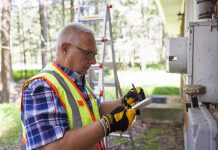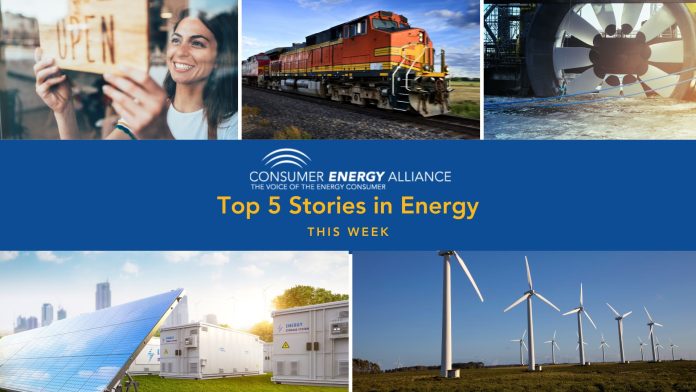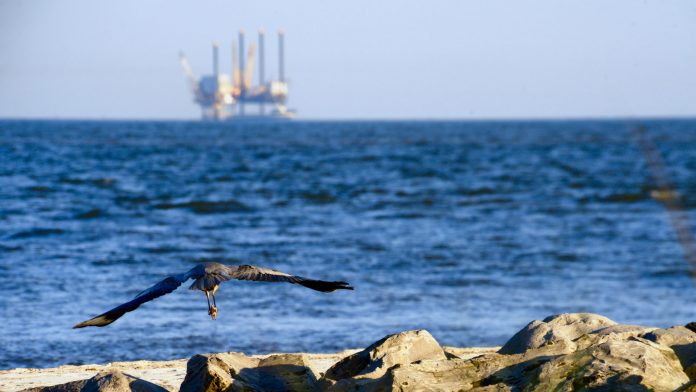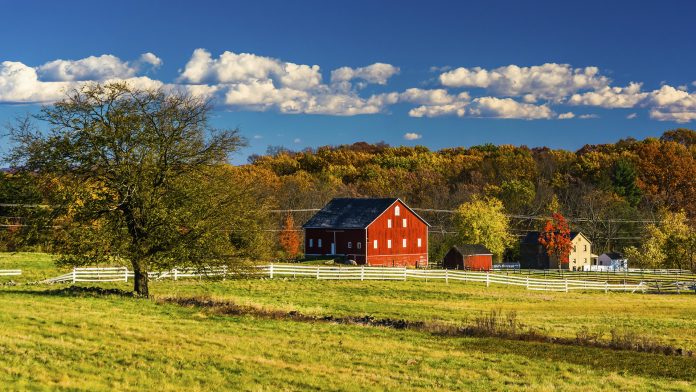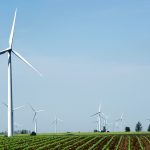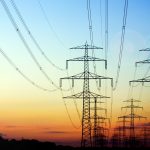Columbus, OH – Consumer Energy Alliance (CEA), the leading energy and environmental advocate for families and businesses, applauds the Ohio Legislature for passing House Bill 201, which will prevent municipal bans on the delivery of affordable, reliable and environmentally responsible natural gas to existing and new homes and businesses.
“CEA thanks Representative Stephens for introducing this proactive piece of legislation and all members of the Ohio Legislature who voted to protect our families, local businesses, and manufacturers by ensuring access to affordable, reliable natural gas,” CEA Midwest Executive Director Chris Ventura said.
“With Ohio ranking in the top 10 states for natural gas consumption, energy service bans on consumers and businesses could lead to serious, significant service interruptions and surprisingly large increases in energy bills. An energy ban could also require the replacement of major appliances, which could cost Ohio households roughly $20,000 and businesses even more – a cost burden that would be ruinous for those living at or below the poverty level.”
“Not only is natural gas a critical to affordably heat our homes and fuel our businesses, but it has played a significant role in lowering energy costs while reducing our environmental footprint.”
“In fact, the United States is leading the world in environmental stewardship and emission reductions, largely due to the use of natural gas and ongoing progress in renewable energy. It’s encouraging to see Ohio Legislators support sensible, environmentally-positive solutions to our energy challenges. A balanced mix of energy sources, including natural gas and renewables, will keep prices affordable and services reliable for everyone.”
“We encourage Governor DeWine to sign HB 201 into law to protect our environment and ensure affordable and reliable energy for all Ohioans. More than a dozen states across the country, including our neighbors in West Virginia, Kentucky and Indiana, have embraced this kind of consumer protection and we hope Ohio joins them.”
###
About Consumer Energy Alliance
Consumer Energy Alliance (CEA) is the leading voice for sensible energy and environmental policies for consumers, bringing together families, farmers, small businesses, distributors, producers, and manufacturers to support America’s environmentally sustainable energy future. With more than 550,000 members nationwide, we are committed to leading the nation’s dialogue around energy, its critical role in the economy, and how it supports the vital supply chains for the families and businesses that depend on them. CEA works daily to encourage communities across the nation to seek sensible, realistic, and environmentally responsible solutions to meet our nation’s energy needs.
Contact:
Bryson Hull
(202) 657-2855
bhull@consumerenergyalliance.org

